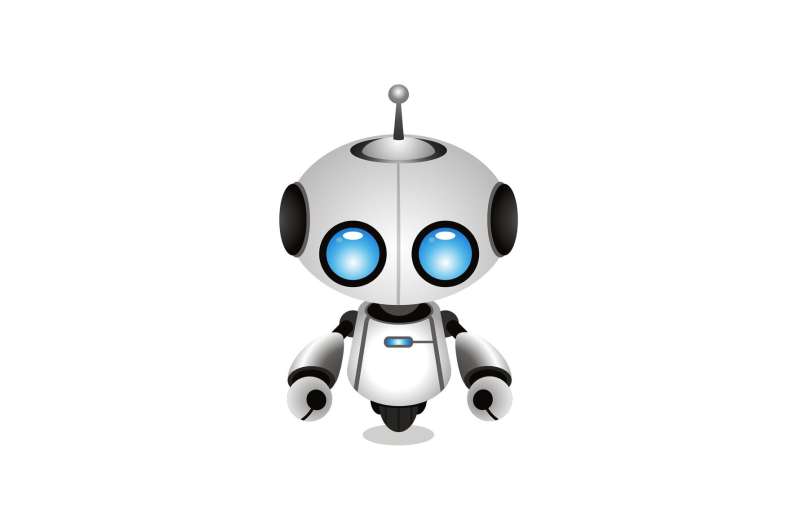Robots that admit mistakes foster better conversation in humans

Three people and a robot form a team playing a game. The robot makes a mistake, costing the team a round. Like any good teammate, it acknowledges the error.
"Sorry, guys, I made the mistake this round," it says. "I know it may be hard to believe, but robots make mistakes too."
This scenario occurred multiple times during a Yale-led study of robots' effects on human-to-human interactions.
The study, which will publish on March 9 in the Proceedings of the National Academy of Sciences, showed that the humans on teams that included a robot expressing vulnerability communicated more with each other and later reported having a more positive group experience than people teamed with silent robots or with robots that made neutral statements, like reciting the game's score.
"We know that robots can influence the behavior of humans they interact with directly, but how robots affect the way humans engage with each other is less well understood," said Margaret L. Traeger, a Ph.D. candidate in sociology at the Yale Institute for Network Science (YINS) and the study's lead author. "Our study shows that robots can affect human-to-human interactions."
Because social robots are becoming increasingly prevalent in human society, she said, people are encountering them in stores, hospitals and other everyday places. This makes understanding how they shape human behavior important.
"In this case," Traeger said, "we show that robots can help people communicate more effectively as a team."
The researchers conducted an experiment in which 153 people were divided into 51 groups composed of three humans and a robot. Each group played a tablet-based game in which members worked together to build the most efficient railroad routes over 30 rounds. Groups were assigned to one of three conditions characterized by different types of robot behavior. At the end of each round, robots either remained silent, uttered a neutral, task-related statement (such as the score or number of rounds completed), or expressed vulnerability through a joke, personal story, or by acknowledging a mistake; all of the robots occasionally lost a round.
People teamed with robots that made vulnerable statements spent about twice as much time talking to each other during the game, and they reported enjoying the experience more compared to people in the other two kinds of groups, the study found.
Conversation among the humans increased more during the game when robots made vulnerable statements than when they made neutral statements. Conversation among the humans was more evenly distributed when the robot was vulnerable instead of silent.
The experiment also showed more equal verbal participation among team members in groups with the vulnerable and neutral robots than among members in groups with silent robots, suggesting that the presence of a speaking robot encourages people to talk to each other in a more even-handed way.
"We are interested in how society will change as we add forms of artificial intelligence to our midst," said Nicholas A. Christakis, Sterling Professor of Social and Natural Science. "As we create hybrid social systems of humans and machines, we need to evaluate how to program the robotic agents so that they do not corrode how we treat each other."
Understanding the social influence of robots in human spaces is important even when the robots do not serve an intentionally social function, said Sarah Strohkorb Sebo, a Ph.D. candidate in the Department of Computer Science and a co-author of the study.
"Imagine a robot in a factory whose task is to distribute parts to workers on an assembly line," she said. "If it hands all the pieces to one person, it can create an awkward social environment in which the other workers question whether the robot believes they're inferior at the task. Our findings can inform the design of robots that promote social engagement, balanced participation, and positive experiences for people working in teams."
More information: Margaret L. Traeger el al., "Vulnerable robots positively shape human conversational dynamics in a human–robot team," PNAS (2020). www.pnas.org/cgi/doi/10.1073/pnas.1910402117


















